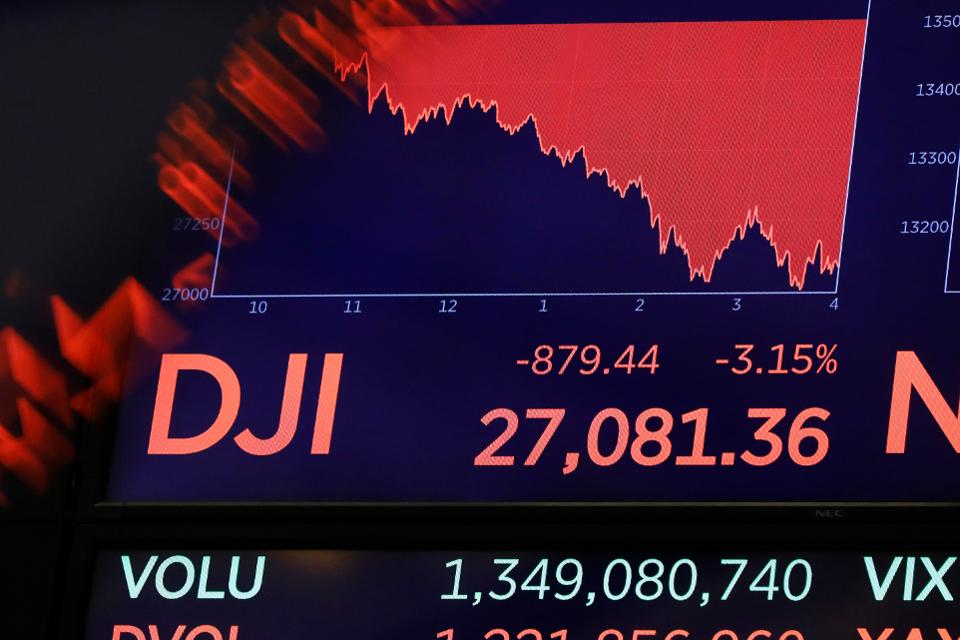Will The Government Use Fiscal Stimulus to Curb Recession Threats?

In late 2007, the United States began tilting into recession, until it fully triggered in 2008 sending the US economy and global market into an uproar. That financial crisis caused a rapid decline of demand, thereby, creating a ripple in the economy—the ripple which was formerly called the “great depression.” The effects of this ripple stretched across Britain, the European Union, Japan, some parts of Latin America, and some parts of South Africa.
Twelve years later the American economy is said to have improved over time, from the 2008 recession to date, the same applies to some of the affected countries. The US market has also enjoyed the bull territory for a long time. Twelve years later, and the US economy is in for another recession—threats caused by the coronavirus outbreak. Only this time, the global economy is involved and if not curbed on time the uncertainties may grow beyond the “great recession.”
What is Fiscal Stimulus?
Fiscal stimulus is an economic term that refers to “the attempts to use monetary or fiscal policy (or stabilization policy in general) to stimulate the economy.” It involves fiscal policies like quantitative easing and lowering interest rates. Basically, it is an attempt by a government to boost economic activity by lowering taxes and/or increasing government spending.
As the different governments seek to contain the coronavirus outbreak and at the same time hold their economies together fiscal stimulus would be a term that resurfaces. Fiscal stimulus is a macroeconomics strategy used to correct the economy during crucial issues such as economic recessions. For the past twelve years, the term hasn’t been officially used until now, although its talk is still in the early phases.
US lawmakers and prominent economists, on Monday, released a fiscal stimulus plan, particularly Elizabeth Warren, US senator, and presidential candidate. By using this term, these lawmakers and economists have mentioned that the government might use its authority to tax and spend as a way of mitigating the economic problem.
This followed after the Feds announced on Tuesday morning its emergency rate cut decision. Still, on Tuesday morning the G7 officials raised the consideration of fiscal stimulus and certain possibilities that may invoke its use and also saying that they “are ready to take actions, including fiscal measures where appropriate.” All of these aimed at curbing possible long-term impacts of the novel coronavirus on the economy.


Be the first to comment!
You must login to comment